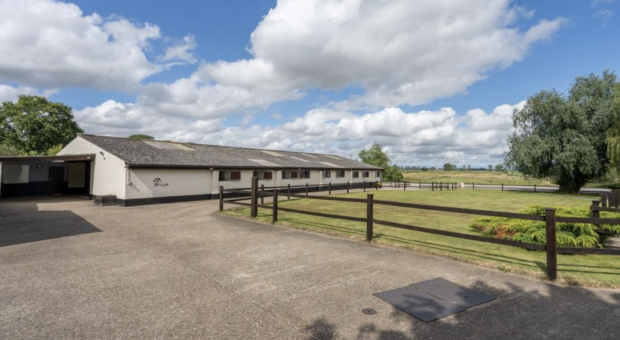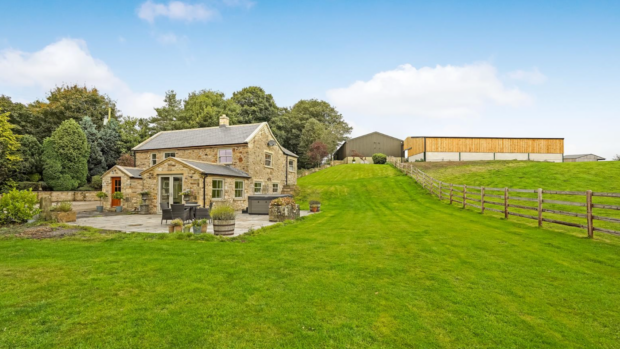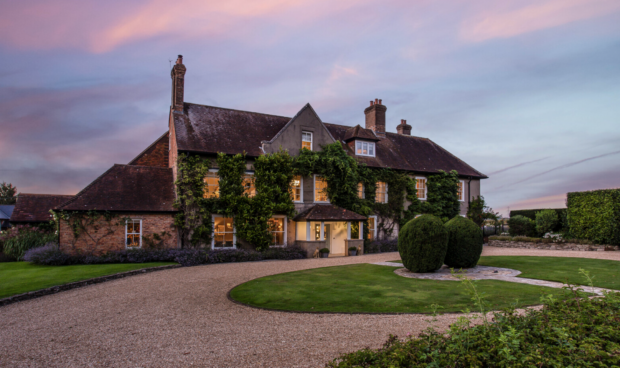Q: I would like to have an outbuilding on my property converted into a stable block for our family’s six horses. Do I need planning permission, and what do I need to consider with regard to the building itself?
A: You need to make a planning application, and can do so via your Local Planning Authority’s (LPA) website.
The good news is that the conversion of an appropriate existing building will generally be preferred by planning officers to “new build” on greenfield sites, especially in Green Belts or Areas of Outstanding Natural Beauty, according to planning expert Judith Norris.
“The LPA may ask for proof that the building is capable of conversion in terms of its structural condition, and this can be dealt with by way of a surveyor’s or structural engineer’s report.
“The planning application will need to deal with soft and hard landscaping [including tracks into the site], issues of highway access and manure storage. Interceptors are increasingly deemed necessary to prevent run-off into watercourses. And more onerous design considerations have to be met if the buildings are listed or are close to listed buildings,” she adds.
With regard to the building, Barbara Fill of Monarch Equestrian says: “All stables require good light and ventilation, sufficient space for the size of horses to be housed, sound floors, if possible with only a slight fall to a drain, and a safe way in and out, but most of all they must be a robust, safe design.
“Often with existing buildings one or more of the above can be a challenge. If floors are poor or levels very uneven, a new floor may be required, although there are ways round this extra expense, so do seek expert advice before undertaking the work. Any new concrete laid must be non-slip and should take into account existing drains.
“Other considerations are the height of the roof and beams, especially if you are changing the floor. Low ceilings can create poor ventilation but, as long as there is sufficient headroom for the horses, a window or top door can sometimes be put in the back of the stable to improve the airflow. This will also provide additional natural light.
“Made-to-measure stables can help to make the best use of space and take into account levels on your floor, reducing the possibility of big gaps under stables. Sliding doors can also be useful if space is limited.”
To purchase six 12ft x12ft internal stables in hardwood, with half-grilled divisions and bottom swinging doors, would cost in the region of £3,900 plus VAT from Monarch (fitting is not included).
- Judith Norris Ltd (tel: 01580 201888) www.judithnorris.co.uk
- Monarch Equestrian (tel: 01902 605566) www.monarch-equestrian.co.uk
This feature was first published in Horse & Hound




